 Counselling Code: 2726
Counselling Code: 2726
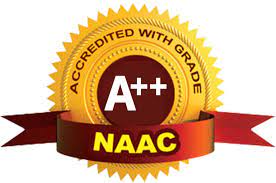
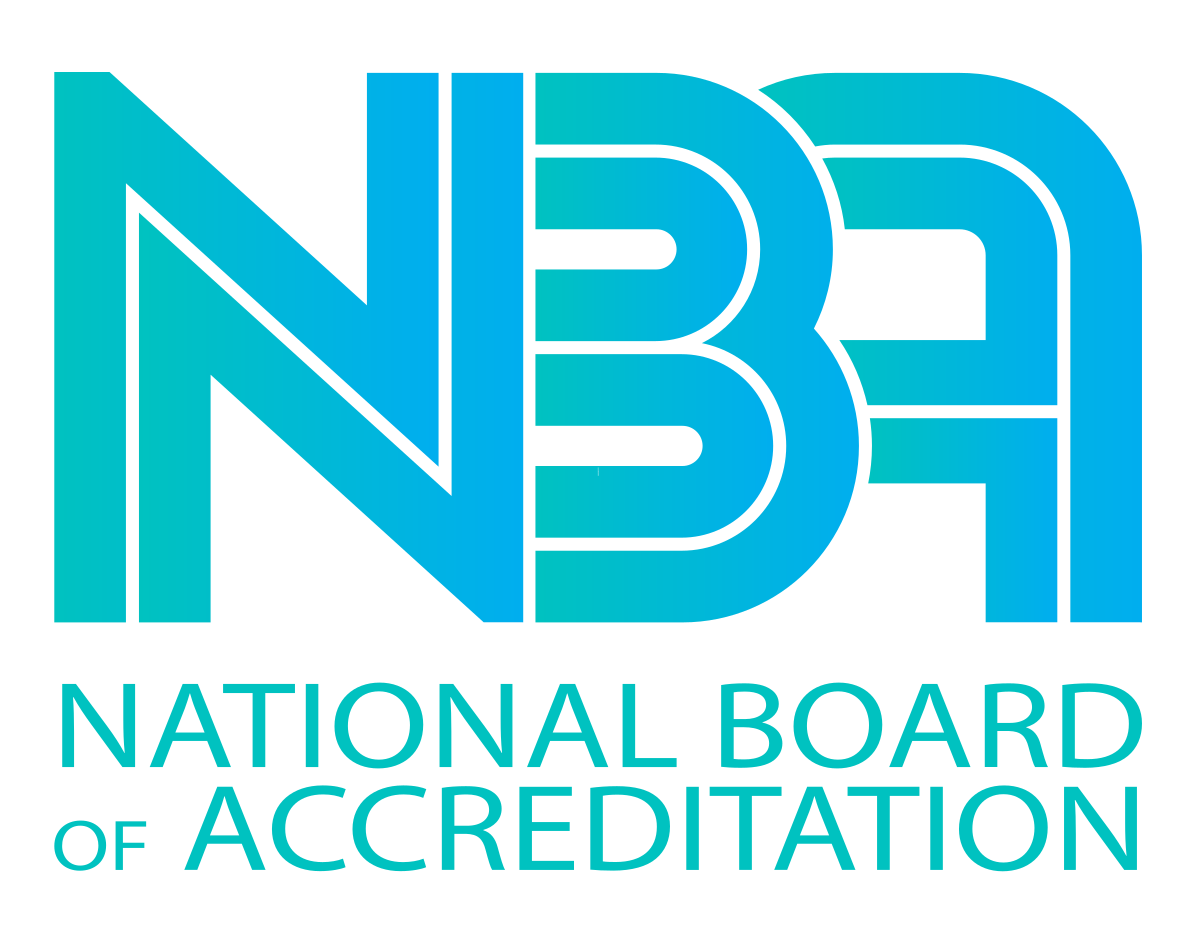
department of Electrical & Electronics Engineers
student development ACTIVitiES
Various number of student development activities are constantly being practiced in each classrooms, enforced by our Center of Learning and Teaching.
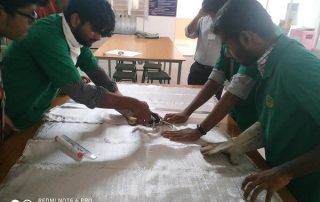
Problem-Based Learning
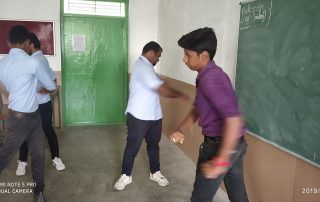
DEFENSE Training
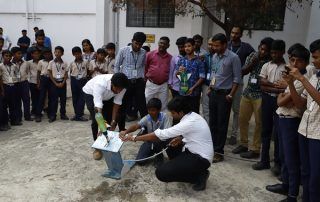
Activity Based Learning
Project-Based Learning
ICT Enabled Classroom
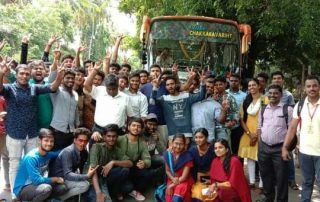
Management Games
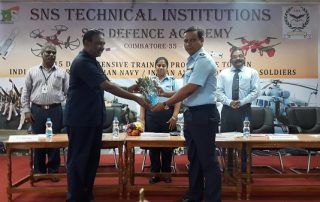
Role Play
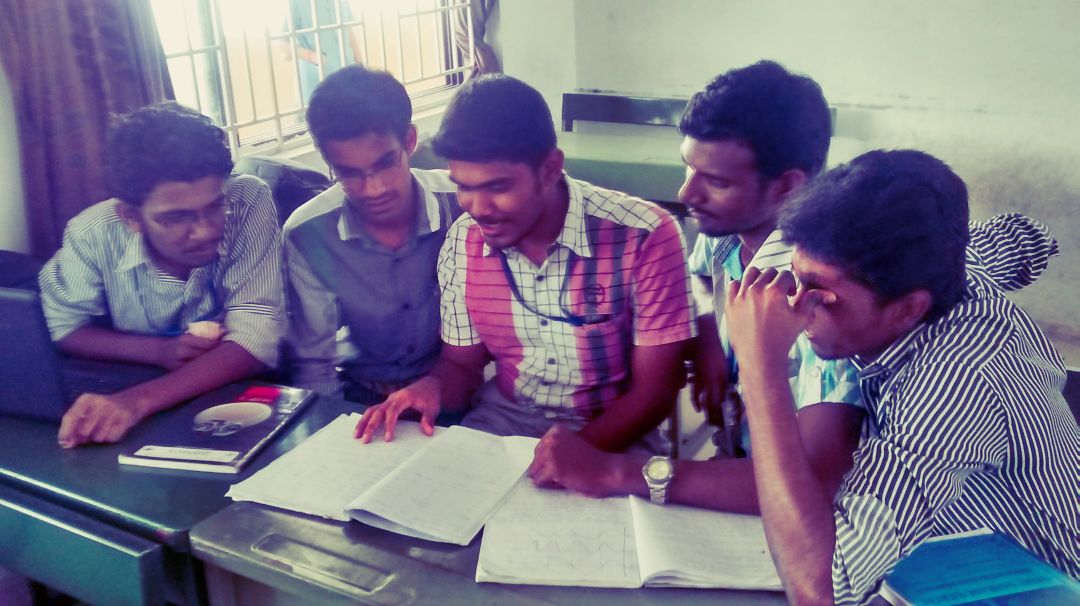
Peer Group Learning

SQUIRREL CAGE INDUCTION MOTOR

Multi motor drive

CEILLING FAN MOTOR

Concept of Power Factor

EHAVC Transmission System
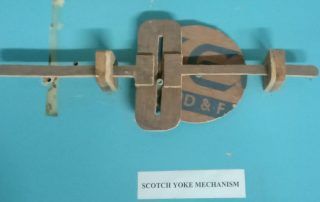
Shear Center

JET ENGINE

Truss Construction
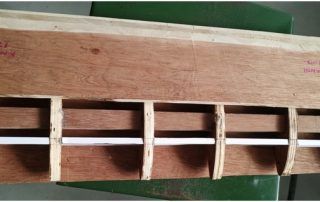
CUT SECTION OF AIRCRAFT STRAIGHT WING
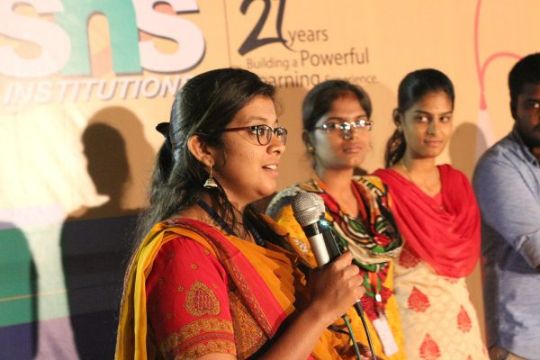
industrial
case study
Naturally, students are more inductive than deductive, they learn better from examples than from logic. So, we believe that the use of case studies is a very effective classroom technique. Students will be provided with an industrial case study linked with the concept or subject, where they got to explore how their learning are applied in the real world situations. This helps the students to actively engage in figuring out the principles from the examples.
- Dr. R. Senthil Kumar Associate Professor/EEE discussed Kone Electric case study “Reason of Fire Accidents in Kone EV” for III EEE
- Dr. R. Senthil Kumar Associate Professor/EEE discussed Hyundai Electric case study on “First EV in India ” for III EEE
- Dr.R.Karthick Associate Professor/EEE discussed ABB’s case study on “Reactive Power Conditioner” for IV EEE
- Dr.R.Karthick Associate Professor/EEE discussed Siemens’s casse study on “Effect of Harmonics ” for IV EEE
- Dr.R.Karthick Associate Professor/EEE discussed NASA’s “Challenger Case study” for III EEE
- Dr.R.Karthick Associate Professor/EEE discussed Samsung’s case study on “Apple Vs Samsung Patent War” for III EEE
- G.Abirami Assistant Professor/EEE discussed BSNL case study on “Interference of electromagnetic waves” for II EEE
- G.Abirami Assistant Professor/EEE discussed Rotomag industries’s case study on “Failure of EMF induction due to weakening of magnet” for II EEE
- S.Jayashree Assistant Professor/EEE discussed Public Sectors case study on “California Outage” for III EEE
- S.Jayashree Assistant Professor/EEE discussed TNEB, Public Sectors case study on “2012-India Blackouts” for III EEE
- S.Bharath Assistant Professor/EEE discussed Beefys burger Case Study on: Principles of Deming, juran and crosby for IV EEE
- S.Bharath Assistant Professor/EEE discussed Southwest Airline’s case study on “How leaders emerge during challenging times” fot IV EEE
- E.Christina Dally Assistant Professor/EEE discussed Ramdev Motors’s case study on “DC motor” for I year (Agri & Mech)
- E.Christina Dally Assistant Professor/EEE discussed L& T’s case study on “Safety from Electricity Overhead and Powerlines” for “DC motor” for I year (Agri & Mech)
- M.Poornima Assistant Professor/EEE discussed Bhopal Nuclear Power Plant’s case study on “Bhopal Gas Leak” for IV EEE
- M.Poornima Assistant Professor/EEE discussed Chernobly nuclear power plant case study for IV EEE
- M.Poornima Assistant Professor/EEE discussed Qairokkum hydro power plant “Sustainable energy initiative” for IV EEE
- R.Satheesh Kumar Assistant Professor/EEE discussed Tata power solar Case study on: 10.8 MW Rooftop Solar Power System – ANERT, Kerala for IV year open elective students
- R.Satheesh Kumar Assistant Professor/EEE discussed Heco systems Case study on: 9000HP Boiler Feed Pump Motor Rotor Case Study for II Mech
- R.Satheesh Kumar Assistant Professor/EEE discussed Houghton International Electro Mechanical innovation Case Study on: Traction & Mining Motor Repairs for II Mech
- R.Vijayakumar Assistant Professor/EEE discussed Salzer Electronics’s case study on “Current Transformer design” for open elective students
- R.Vijayakumar Assistant Professor/EEE discussed Ampere Vehicles’s case study on “First Lead acid battery based Tricycle” for open elective students
- R.Vijayakumar Assistant Professor/EEE discussed Excide Battery’s case study on “Waste Management in Lead-Acid Battery Industry” for open elective students
- P.Shenbagaraj Assistant Professor/EEE discussed India Motors’s cast study on “Vertical motors” for I year students
students'
mini projects
Project-based learning is an instructional approach, which helps the students in developing knowledge and skills by engaging in projects and solving real world challenges/problems.
We practice project based learning by encouraging the students to do minimum two mini project per semester. Students are progressively taking up the tasks and projects to pad up their skill-set.
